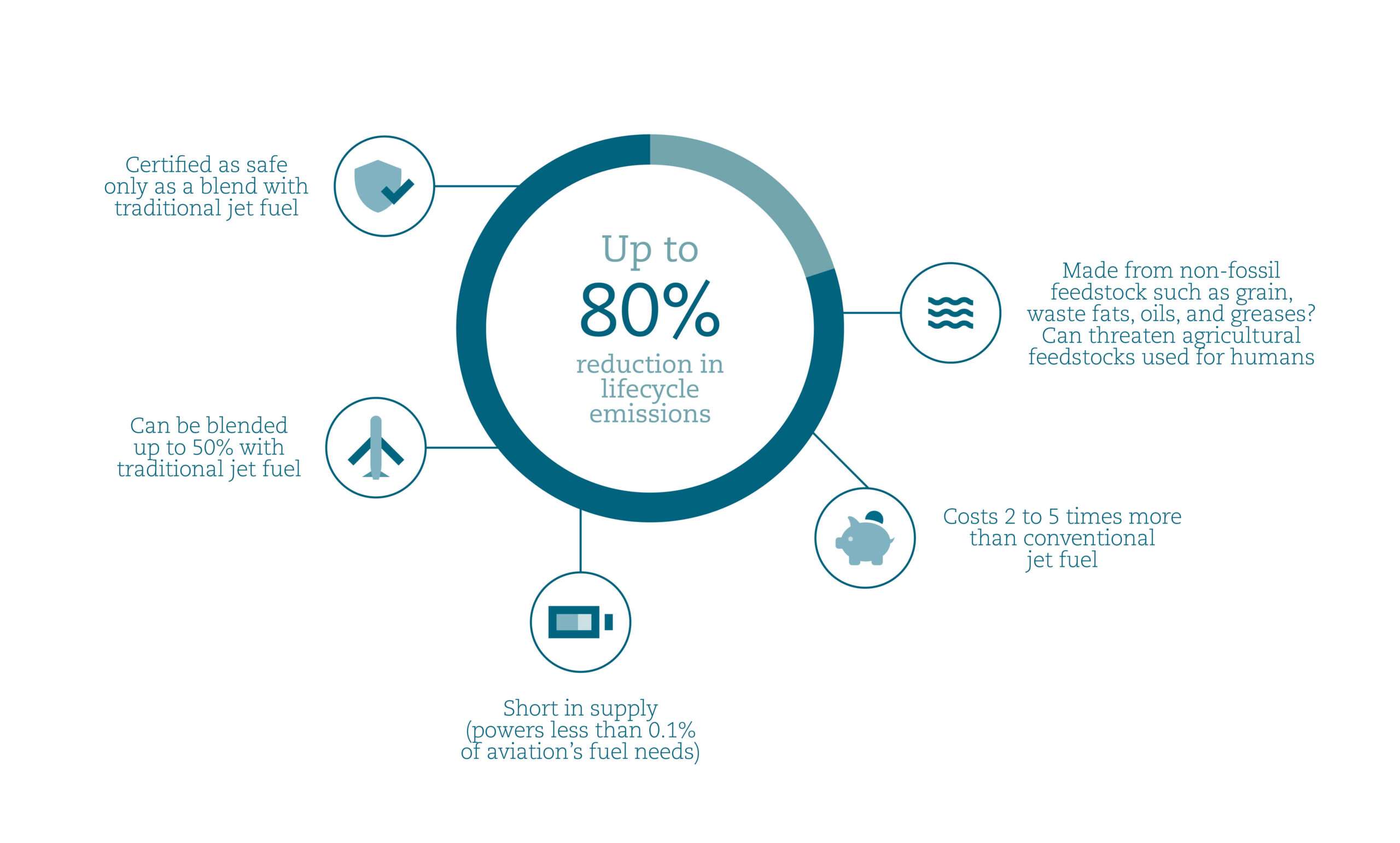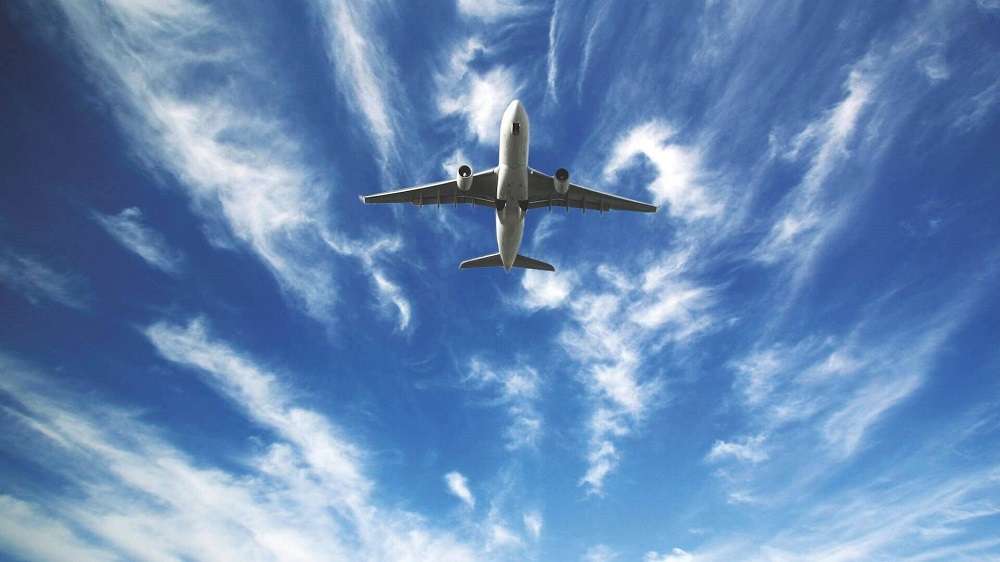Airlines represent around 2.5% of global greenhouse gas (GHG) emissions, but with traffic increasing 3% a year, and many other sources going electric or hydrogen, some say unless we slash our reliance on fossil fuels, it could be much more by 2050.
During the recently concluded IATA World Air Transport Forum in Istanbul, Akbar Al Bakar, CEO of Qatar Airways, described the airline industry’s emissions goals as “a PR exercise,” saying the industry will miss its carbon reduction targets in 2030 and net zero goals in 2050. IATA’s Director-General, Willie Walsh refused to accept this characterization, but emphasized getting there won’t be easy, or cheap.
So, what are the facts, and what’s an airline to do?
Sustainable aviation fuel (SAF), certified as a safe, drop-in fuel, can cut emissions by up to 80% compared to conventional jet fuel. Yet, SAF is approved only as a blend with traditional jet fuel, typically ranging from 10% to 50%. Fully unblended SAF has not yet been certified as safe.
Furthermore, despite recently doubling in production, SAF is short in supply, powering less than 0.1% of aviation’s fuel needs, and it costs two to five times more than jet fuel.
Another downside is that SAF can threaten agricultural feedstocks used for humans and animals to meet aviation’s present and future needs. One study by the UK’s Royal Society says using biofuels with existing feedstocks to meet today’s demand there would use more than 50% of all the agricultural land in Great Britain.

Therefore, aside from SAF, the industry is responsibly pursuing a basket of decarbonization measures to demonstrate its commitment to sustainability, including:
To achieve this, the oil and gas industry, which has profited mightily by the production of fossil fuels, spending billions every year on exploration and development of fossil fuels, can spend and do a lot more to help the world and this industry reduce its reliance on fossil fuels.
To reach net zero by 2050, we need a lot more than strong demand signals to increase SAF production, and new R&D on hydrogen, ammonia, and battery design. We need nothing short of a new Apollo Project for aviation to address its impact on climate change.
The planes being manufactured today—without 100% SAF, hydrogen, or all-electric engines—will likely be flying for the next 20 years or more. Aviation is a “hard-to-abate” industry. An industry powered by fossil fuels and flying in the upper reaches of the troposphere—represents a daunting, very costly challenge.
The aviation industry doesn’t need unrealistic mandates to just become green. Nor does cutting schedules, imposing carbon taxes on an already overtaxed industry, or instituting demand management make sense. The industry needs huge government investment and tax incentives—with the US’s Inflation Reduction Act serving as a useful roadmap.
Airlines should be justifiably proud, yet realistic, in touting their sustainability efforts. They should document them and take credit for them. Still, airlines need to brace for impact: more enforcement, litigation, rulemaking.
Legal review and risk management need to temper marketing enthusiasm and match aspiration with reality. Airlines’ environmental claims need to be technologically feasible, economically affordable, measurable, transparent, verifiable. They should pipe down on environmental claims unless they can back them up with specific information and identifiable metrics.
At the same time, agencies and environmental groups should not themselves engage in “green hushing”: trying to force the airline industry into not touting their many responsible, expensive efforts to become carbon neutral and find solutions for this hard-to-abate industry.
It’s imperative–for our planet, for our children, our children’s children—those most affected by climate change—to innovate and do whatever we can, personally and as an industry, to reduce our reliance on fossil fuels.
At Clyde & Co, we’re committed to clean skies for tomorrow. We stand by our airline clients, assisting them in navigating the ever-evolving landscape of litigation, investigations, regulatory and compliance for climate change. We’re ready to defend, we’re ready to conduct Net Zero Legal Audits.Anywhere in the world. We’re there, ready to go.

